Fuel, Train, Recover: Mastering Pre- and Post-Workout Nutrition Strategies
Today’s theme: Pre- and Post-Workout Nutrition Strategies. Learn how to time, build, and personalize your meals and snacks so every session starts energized and ends with confident, fast recovery. Share your routine and subscribe for weekly, evidence-driven nutrition insights.

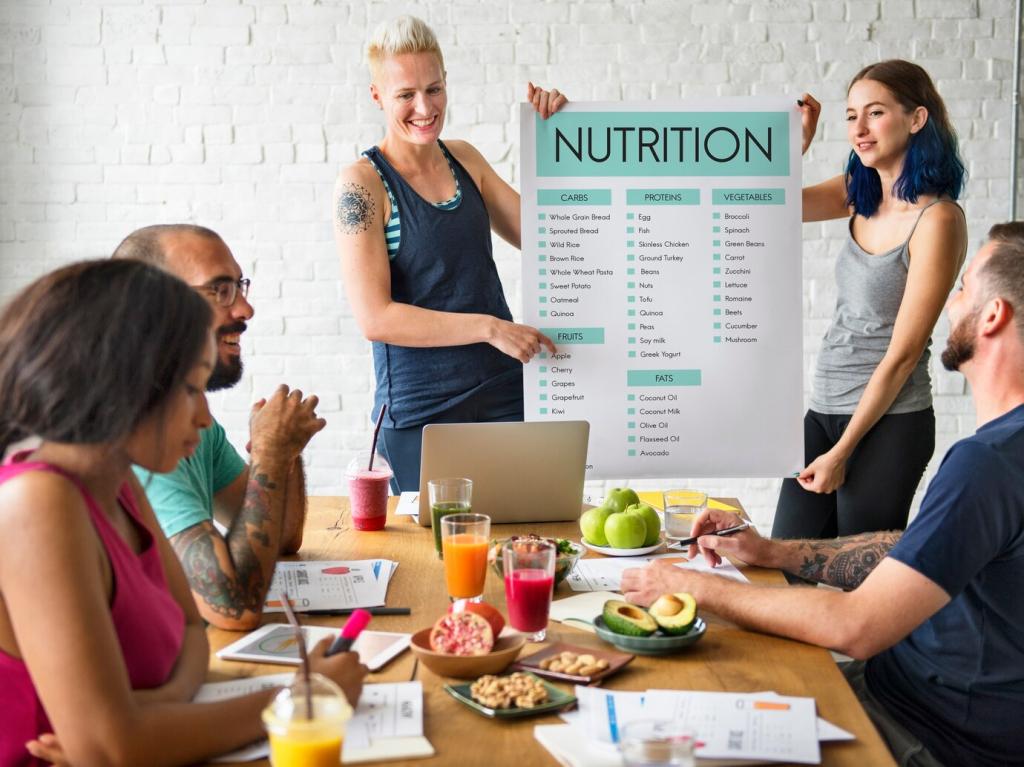
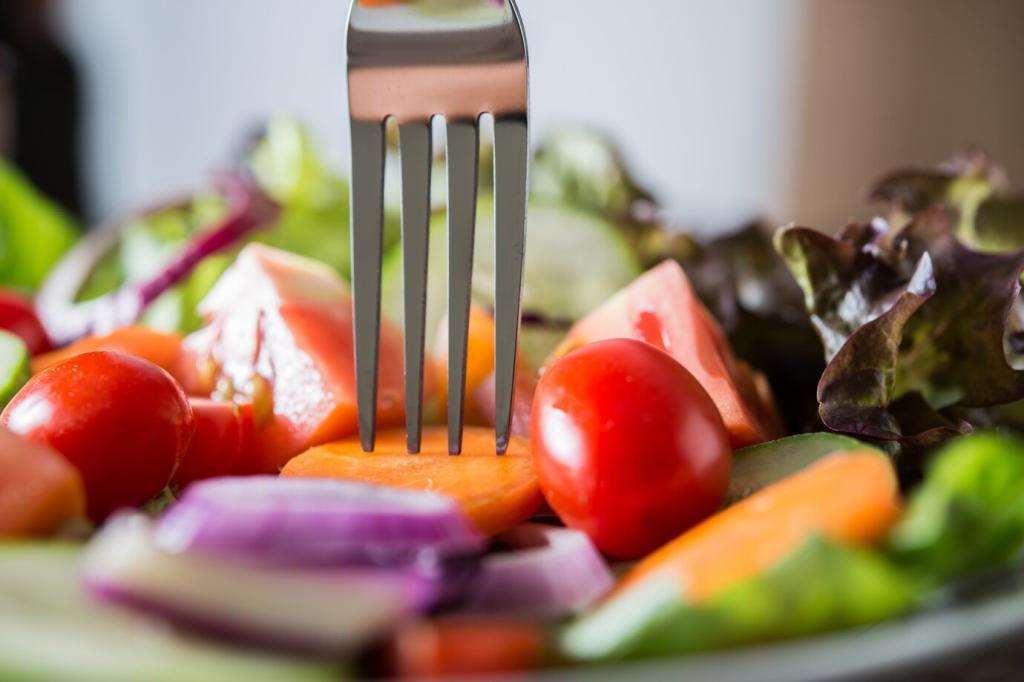
Timing That Powers Performance
Eat a balanced meal about three hours before training, then a lighter snack thirty to sixty minutes out if needed. Carbs lead, protein supports, and fat stays modest. Test timing on easier days, then lock it for key workouts. Comment with your best pre-session window.
Timing That Powers Performance
Long runs and rides benefit from a bigger meal three hours prior, while high-intensity intervals prefer quicker-digesting snacks closer to go-time. Strength sessions tolerate slightly more protein earlier. Track perceived energy and adjust. Subscribe to get printable timing charts for different modalities.
Pre-Workout Fuel: Carbs, Protein, and Fats Wisely
Aim for easily digestible carbs: oatmeal, rice, ripe bananas, or sourdough toast. Quantity scales with session length and intensity. Too little invites early fatigue; too much risks gut discomfort. Start moderate, then tweak. Post your favorite carb combo, and we’ll spotlight creative reader ideas.
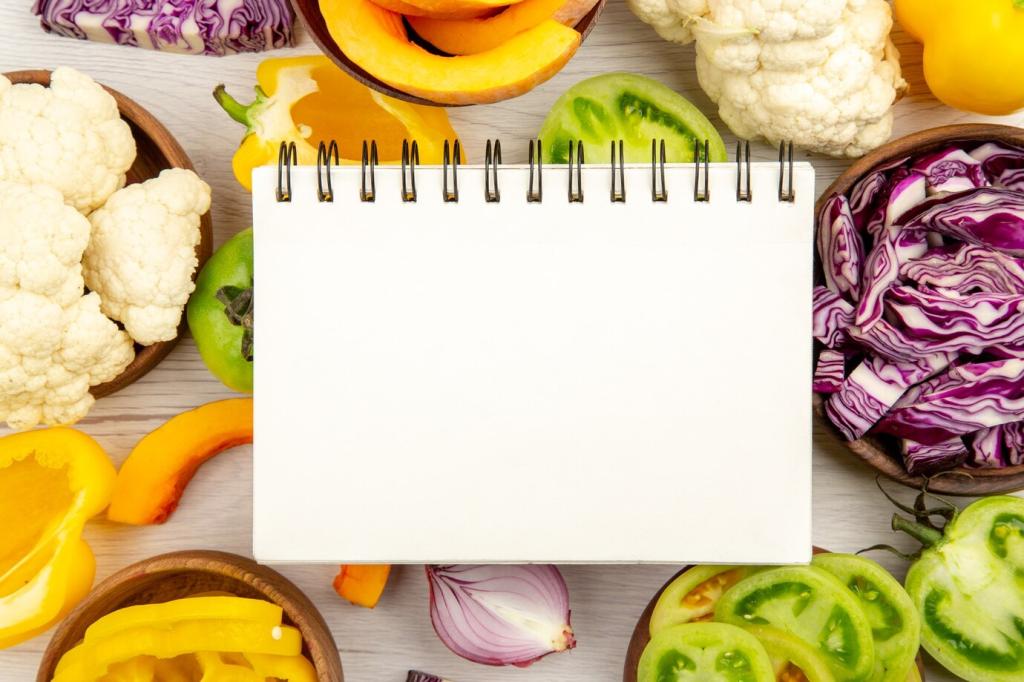
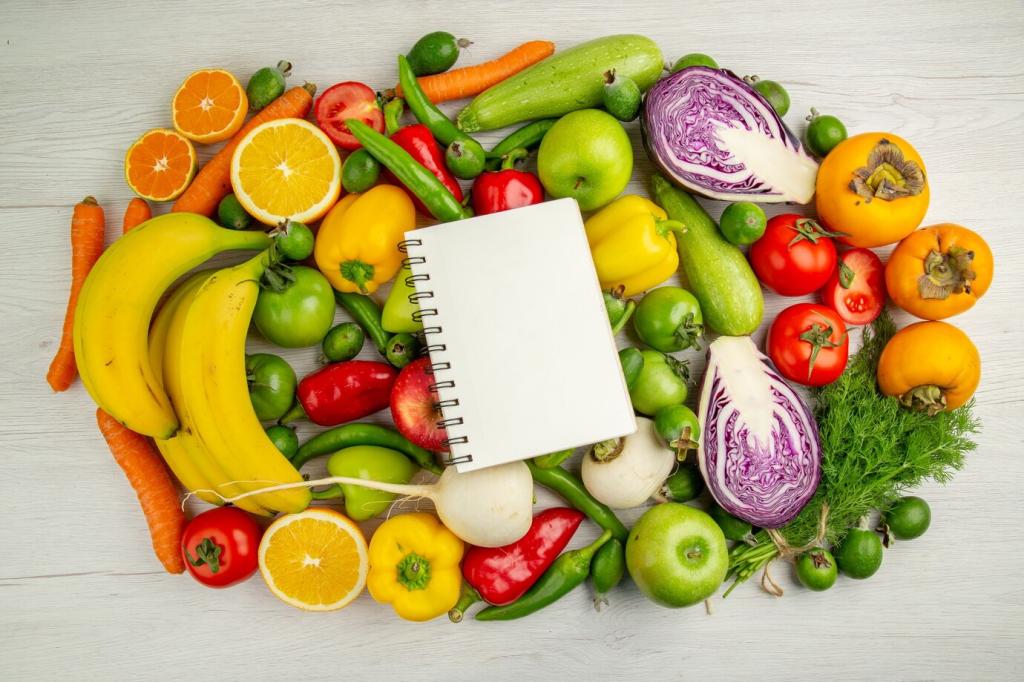
Pre-Workout Fuel: Carbs, Protein, and Fats Wisely
A modest protein portion pre-workout helps reduce muscle breakdown. Greek yogurt, eggs, or a whey shake pair well with carbs. Keep it light to avoid heaviness. Vegetarians can choose soy, dairy, or pea blends. Want a guide to complete proteins? Subscribe to get our quick reference.
Hydration and Electrolytes Before and After
Start Hydrated, Stay Hydrated
Begin the day with water and sip consistently, not all at once right before training. Pale straw-colored urine is a simple check. During longer sessions, drink to thirst while monitoring how you feel. Comment if you’ve noticed performance bumps after improving baseline hydration.

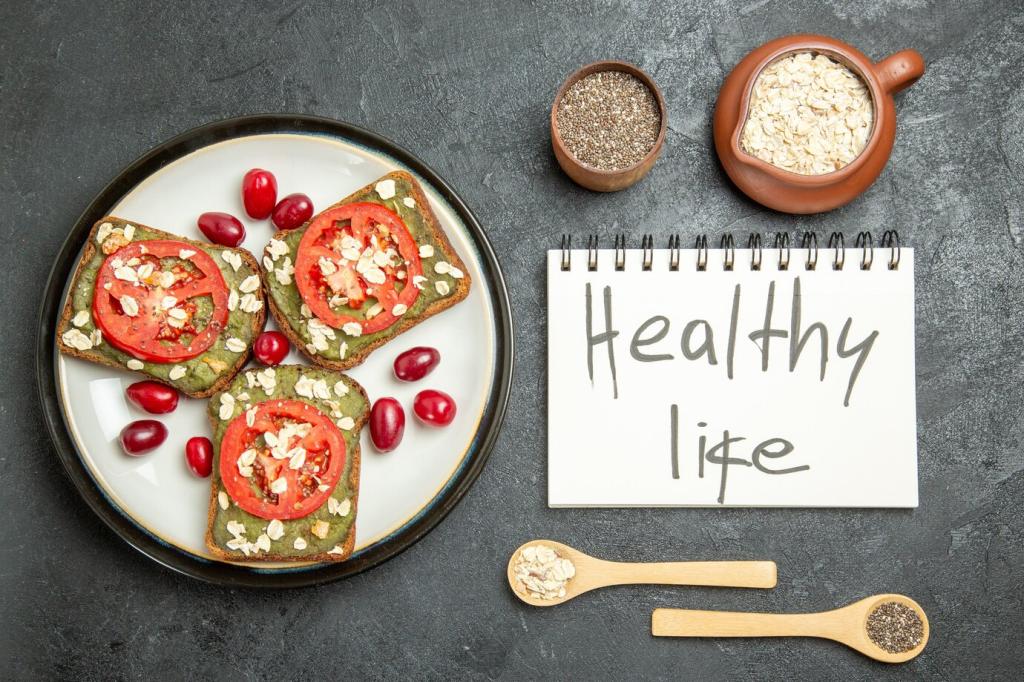
Electrolyte Balance for Sweat Rates
Heavy sweaters may need sodium-rich drinks pre-session, especially in hot climates. Consider a simple sweat test to estimate losses. Replace fluids and electrolytes afterward to curb headaches and reduce cramping risk. Subscribe for our step-by-step sweat-rate calculator and refill strategies.
Post-Workout Recovery: The Window Revisited
01
30–60 Minutes: What to Eat
Aim for carbohydrate plus protein soon after training—think rice and chicken, yogurt and fruit, or a recovery smoothie with oats. This timing is flexible, but sooner often feels better. Add fluids and electrolytes. Share your go-to recovery meal and inspire someone’s next post-workout plate.
02
Refilling Glycogen for Tomorrow
If another hard session is within twenty-four hours, prioritize carbohydrate immediately and again at your next meal. Mix fast and slower carbs for sustained replenishment. Endurance athletes especially benefit here. Comment with your double-session routine so readers can learn practical sequencing.
03
Protein Dose and Leucine Threshold
Most adults recover well with twenty to forty grams of high-quality protein post-workout, aiming for about two to three grams of leucine. Dairy, eggs, soy, and whey excel here. Spread protein across meals to maintain synthesis. Subscribe for our leucine cheat sheet and food equivalents.

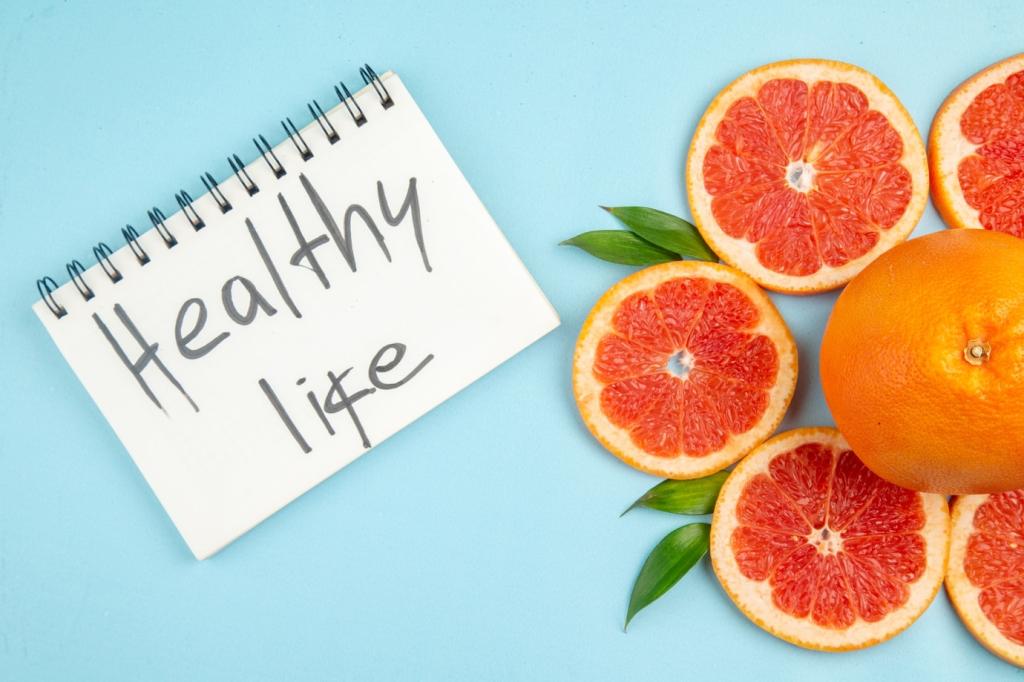
Real-World Plates and Portable Options
Pre-workout: sourdough toast, peanut butter, banana slices, and a sprinkle of salt. Post-workout: rice, scrambled eggs, spinach, and salsa. Both digest smoothly and taste great. Share your fastest five-minute fuel idea, and we’ll compile a community cookbook for subscribers.
Real-World Plates and Portable Options
When schedules explode, lean on portable snacks: yogurt drink, banana, low-fiber granola bar, or rice cakes with honey. Post-workout, a carton of chocolate milk plus pretzels works in a pinch. Comment with your travel-friendly options, and we’ll test reader picks in future posts.
Common Mistakes and Simple Fixes
Under-fueling before intense sessions often leads to early fatigue, mood dips, and longer recovery. Add an easy carb source thirty to sixty minutes pre-workout and reassess. Tell us if a single banana or toast changed your sessions, and help others troubleshoot similar struggles.
High-fiber salads and heavy fats right before training can cause stomach upset. Keep pre-workout food simpler and shift vegetables and bigger fats to later meals. If you’ve overcome gut issues by adjusting textures or timing, share your story to help someone train more comfortably.
A brief log of timing, portions, and how you felt can reveal patterns within a week. Use it to refine pre- and post-workout nutrition strategies without obsessing. Subscribe to download our simple one-page tracker, and comment on the insights your first few entries uncovered.

